Chatbots have come a long way since their early days. At first, they were simple programs that followed basic scripts to answer common questions. These early chatbots could only handle straightforward tasks and often struggled with more complex queries.
As technology advanced, so did chatbots. With the introduction of Natural Language Processing (NLP), chatbots could understand human language better. This allowed them to provide more accurate and helpful responses. NLP made chatbots more useful and led to the development of conversational AI.
Conversational AI is a major step forward for chatbots. It uses advanced algorithms and machine learning to deliver more natural and meaningful interactions. Unlike simple scripts, conversational AI can understand context, remember past interactions, and engage in more complex conversations. This evolution has transformed chatbots into essential tools for businesses seeking to improve customer service and engagement.
The journey from basic scripts to conversational AI shows how technology can change and improve over time. As we look to the future, chatbots are expected to become even more advanced, offering smarter and more personalized experiences for users.
Early Days of Chatbots: Simple Scripts and Basic Functions
In the beginning, chatbots were quite basic. They used simple scripts to respond to frequently asked questions. These early bots relied on predefined keywords and could only handle straightforward conversations. For example, if you asked a bot about store hours, it would provide the exact hours. However, if you asked something slightly different, it might not understand.
Early chatbots lacked the ability to understand context or nuance. They operated on a “if this, then that” logic. This limited their usefulness. Customers often found these bots frustrating because they couldn’t handle complex or unexpected questions. They were only programmed to follow specific scripts, so any deviation from those scripts usually resulted in confusion or incorrect answers.
Despite these limitations, early chatbots set the stage for more advanced developments. They showed that automated customer service was possible. While they couldn’t replace human interaction, they could handle repetitive tasks and free up human agents for more complex issues. This early foundation was crucial for the future advancements in chatbot technology.
Advancements in Natural Language Processing (NLP)
Natural Language Processing (NLP) revolutionized the world of chatbots. NLP is a technology that helps machines understand and interpret human language. This allows chatbots to grasp the meaning behind words, rather than just reacting to specific keywords. With NLP, chatbots became much more effective at understanding questions and providing accurate answers.
One major improvement with NLP is the ability to understand context. For instance, if you asked a chatbot “What’s the weather like today?” and then followed up with “How about tomorrow?”, an NLP-enabled bot would understand that “tomorrow” refers to the weather. This makes conversations with chatbots feel more natural and human-like.
Another benefit of NLP is the ability to handle a variety of languages and slang. Early chatbots struggled with anything outside of standard language patterns. With NLP, chatbots can now understand different dialects, slang, and even emojis. This makes them more accessible and user-friendly for people from various linguistic backgrounds.
These advancements in NLP have made chatbots more reliable and efficient. They can now handle a wider range of queries and provide more accurate responses, making them valuable tools for customer service and other applications.
Rise of Conversational AI: What Makes It Different?
Conversational AI represents a big leap from simple scripted chatbots. Unlike earlier versions, conversational AI can hold meaningful and dynamic conversations. It uses advanced technologies like machine learning and deep learning to understand, process, and respond to human language more naturally. This makes interactions with AI feel more like talking to a real person.
One of the most significant features of conversational AI is its ability to understand context. This means it can remember previous interactions and use that knowledge to provide better responses. For example, if you previously asked about your account balance, the AI can later refer back to that same conversation without needing you to repeat the information.
Another major advantage is that conversational AI can handle complex queries. It can discern multiple intents in a single sentence and respond appropriately to each one. If you say, “I want to book a flight to New York and check the weather there,” the AI can process both requests accurately. This ability to multitask makes it extremely efficient and user-friendly.
Conversational AI also learns from every interaction. This allows it to continuously improve. The more conversations it handles, the better it gets at providing accurate and helpful responses. This self-improvement feature is a game-changer, making chatbots smarter and more reliable over time.
Future of Chatbots: Trends and Predictions for AI Integration
As technology continues to evolve, chatbots will become even more advanced. One anticipated trend is the greater integration of chatbots with other AI technologies like image and voice recognition. This will allow chatbots to interact with users across multiple platforms, including social media, websites, and mobile apps.
Another trend is the use of chatbots in more specialized fields. While customer service is the most common use today, industries like healthcare, finance, and education are starting to adopt chatbot technology. In healthcare, for instance, chatbots can help schedule appointments, provide basic medical information, and even offer mental health support.
We can also expect chatbots to become more personalized. Future chatbots will use data analytics to provide tailored responses based on individual user preferences and behavior. This personalization will make interactions more relevant and engaging, leading to better user experiences.
Another area to watch is the development of multilingual chatbots. As businesses become more global, the ability to communicate in multiple languages will be crucial. Advanced NLP models will enable chatbots to understand and respond in various languages, breaking down communication barriers.
Conclusion
The journey of chatbots from simple scripts to sophisticated conversational AI has been remarkable. Early chatbots handled basic queries with simple scripts, but advancements in natural language processing took them to the next level. Today, conversational AI offers more natural, context-aware interactions, drastically improving user experience.
The future holds even more exciting possibilities for chatbots. With trends like AI integration, specialized applications, and personalized responses, chatbots will become an indispensable tool across various industries. Multilingual capabilities will further broaden their reach, making them an even more valuable asset for global businesses.
The evolution of chatbots shows how far technology has come and hints at the endless possibilities ahead. To stay on top of these developments and enhance your customer interactions, consider integrating advanced chatbot solutions into your business.
Explore the future of chatbots and stay ahead with MCI’s customized contact center and technology solutions. Learn how we can help you leverage AI for better customer engagement.





















